|
Recently, I attended a Visible Learning Plus Foundation Day Institute that featured two tremendous speakers, Peter Dewitt and John Almarode. For several years, I have been studying the work of John Hattie and Visible Learning to truly understand what impacts student learning. It was an honor to dig down deep into the various effect sizes and strategies that speak to promoting the success of all students during this two day event. There is no doubt that I will continue to embed this important research into future experiences for our own staff and students.
Several years ago Peter Dewitt focused me on Hattie's work and for whatever reason it really resonated with my philosophy of education. So much so that I wrote a blog post for Corwin Connect in 2016 titled Visible Learning in the Digital World. Fast forward to the present, I became inspired again after attending the Foundation Day Institute that I created a matrix of sorts that marries Hattie's effect sizes with best practice web applications and technology. Look below to access this matrix and please email me at brad.currie@gmail.com with recommendations of various "tools of the trade" that can be added in the future.
Brad Currie is the 2017 NASSP National Assistant Principal of the Year and a 2014 ASCD Emerging Leader. Currently he serves as a K-8 Director of Education and is a Google Certified Trainer. He has authored 4 books including Hacking Google for Education, 140 Twitter Tips for Educators, Personalized PD, and All Hands Deck: Tools for Connecting Educators, Parents, and Communities. Brad consults and presents nationally on leadership, technology integration, and innovation. Reach out to Brad via email at brad.currie@gmail.com or via @thebradcurrie.
0 Comments
About 6 months ago the New Jersey Department of Education went through some leadership changes as our new Governor came on board. The Commissioner and various department heads then went on a listening tour as way to engage stakeholders about what needs to change with our educational system. They also gave citizens a chance to email their thoughts. So I put my parent hat on and sent an email which you can read below. They thanked me for my thoughts and I went about my life as an educator and parent. I am happy to share that over the summer we received word that student seat time for standardized tests would be cut. Then, last week we received word that test scores tied to a teacher’s overall evaluation would be drastically cut as well. As a taxpayer, parent, and educator it’s nice to be heard and actually see issues be addressed. Many thanks to the New Jersey Departnent of Education. I can't believe I am saying this, but please do not get rid of PARCC. Trust me, as a parent and taxpayer I’m not in love with the countless hours that key district personnel spend on ensuring that these online tests go off without a hitch. It drives me crazy to see my children’s school schedules potentially turned upside down for weeks at a time to accommodate the implementation of these online tests. I also respectfully disagree with the way my children’s math teachers, language arts teachers, and school leaders are rated based on how well or poorly students perform on these once a year assessments. I am also perplexed at the amount of energy people spend comparing districts when scores are released to the public. Fortunately there are many districts that downplay test scores and see them as just on piece of the puzzle as they look to make their great educational institutions greater. So with all this being said, lately there has been much chatter about how New Jersey should do away with PARCC. Given the reasons listed above it would seem like a no-brainer. But why would we do this to ourselves? Why get rid of PARCC? Finally we are used to an online assessment that is somewhat manageable and give us some guidance on addressing student learning gaps. Instead of getting of rid of PARCC, let just make some adjustments. Here is what I propose...
All we need to do is change the perception and narrative of PARCC testing or any standardized assessments that are being used throughout the country. They should be used for diagnostic purposes only. We need to keep it simple and by that I mean open up your computer, sign in, take the assessment, and log out. I think over time we would see students, and all stakeholders for that matter, under-react to the thought of testing season. What are are your thoughts on this matter? Brad is the 2017 NASSP National Assistant Principal of the Year and the 2017 NJPSA Visionary Leader of the Year. He is the father of two children who attend public schools in the state of New Jersey. Interact with Brad on Twitter @thebradcurrie. Recently, I spoke with Kim Mattina on The Suite Talk about the power of Tourbuilder as a way to connect with and inform stakeholders. Watch this episode to learn how Tourbuilder works and the various applications it has in the educational world.
140 Twitter Tips for Educators is a book for educators written by educators. It has helped thousands of teachers and administrators expand their personal learning networks and reinvigorate their careers. There is no doubt that over the past decade Twitter has helped support educators with sharing resources and reflecting on how they impact student success. Recently, the Evolving Educators came out with three new Twitter tips in response to the collective disappointment that the educational community is having with the way certain individuals are using Twitter in not so appealing ways. We are seeing trends where some educators think they are challenging the thoughts of others, when in fact they are being incredibly negative and offering no solutions. This is how Twitter Tip #141 came about and simply recommends to unfollow Negative Nellies. Twitter Tip #142 highlights the importance of really looking at who actually follows you and why they are following you. There are some educators out there using programs that mass follow Twitter accounts for the simple reason of actually gaining more followers. This past year we saw Twitter roll back the verified account process in response to some outrageous accounts that were being approved without much thought. This is how Twitter Tip #143 was born. We recommend researching the verified accounts you are following and ask yourself is that the type of person, place, or thing you really want to be associated with. Twitter Tips for Educators is a book for educators written by educators. It has helped thousands of teachers and administrators expand their personal learning networks and reinvigorate their careers. There is no doubt that over the past decade Twitter has helped support educators with sharing resources and reflecting on how they impact student success. Recently, the Evolving Educators came out with three new Twitter tips in response to the collective disappointment that the educational community is having with the way certain individuals are using Twitter in not so appealing ways. Typically we try to focus on all the positive and unbelievable things that are happening in the world of education. Without Twitter, many of us would not be connected with the great minds and ideas like we are today. From time to time though, we feel it necessary to give people a heads up on things we are hearing about from our friends in the educational community. This summer make sure to share your favorite Twitter tips using the hashtag #140EduTips. Interested in bulk pricing for an online book talk or staff resource? Reach out to us at evolving@evolvingeducators.com. Additionally, we can come out to your school or district and provide staff with Twitter training. There is no better tool than Twitter to tell your story and/or stay current with educational best practices. Get your copy of 140 Twitter Tips today!
Have you read 140 Twitter for Educators? That's awesome! Please leave a review on Amazon if you have a few minutes. We would greatly appreciate it. Over the past five years, the company that I run with Scott Rocco and Billy Krakower, Evolving Educators LLC, have helped educators from around the world gain a working knowledge of what it takes to truly evolve as an educator and ultimately impact the success of students. During our various keynote speeches, featured presentations, and workshops we provide attendees with an opportunity to gain exposure to best practices that not only have helped us evolve in the physical and virtual worlds, but countless other educators from all walks of life. More importantly though, we help educators reflect on how their own evolution and plan a course of action for what is to come. The bottom line is that the "status quo" is simply not an option in today's educational world. Our work as teachers and administrators is serious business, and the only way we can help students reach their full potential is by continually enhancing our effectiveness. 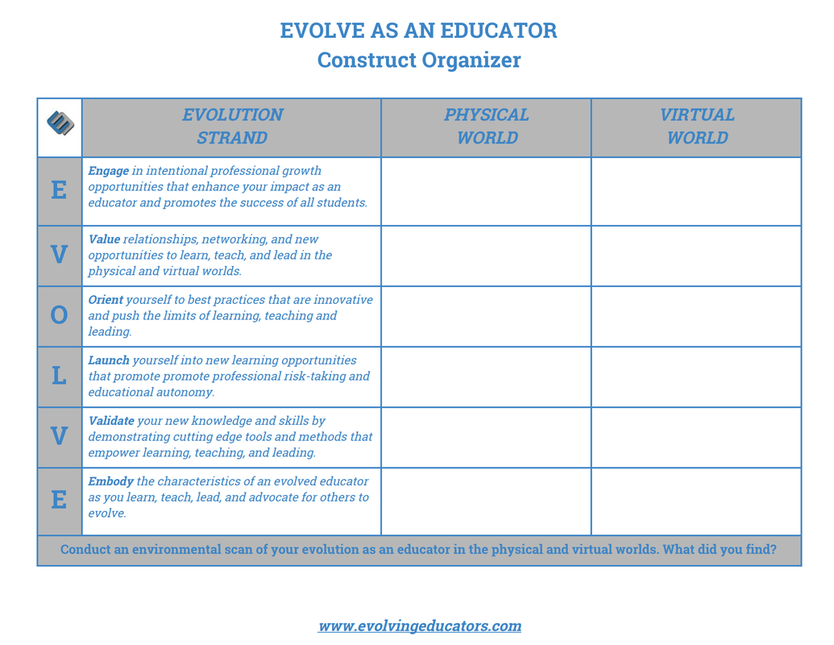 The Evolve as an Educator Construct Organizer, shown above, can help educators dig deep into how they grow and impact as educators. Take some time in the near future to reflect on your evolution from past to present in both the physical and virtual worlds. Share this with others and have conversations about your findings pertaining to the various strands. There is no doubt that there will be some similarities and differences. Either way, you will gain access to new ideas and methods that will help transform your role as an educator. Consider bringing the Evolving Educators into your school, district, or organization to support staff with their evolution as educators. We are currently offering one or half day workshops that take participants through the six evolution strands. The workshop will help participants take inventory of where they currently are as educators and more importantly where they want to be in the future. Reach out to us for more information and pricing at evolving@evolvingeducators.com.
|
Archives
May 2020
Categories
All
|

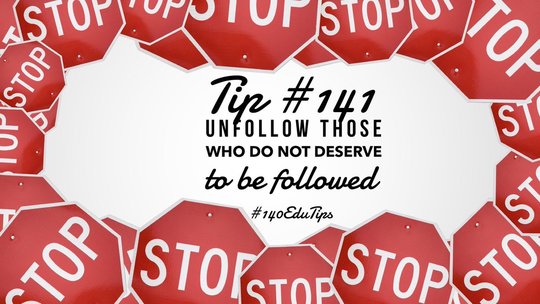
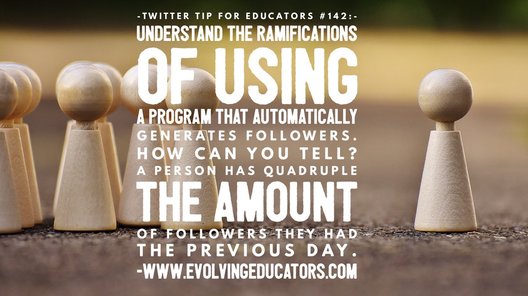
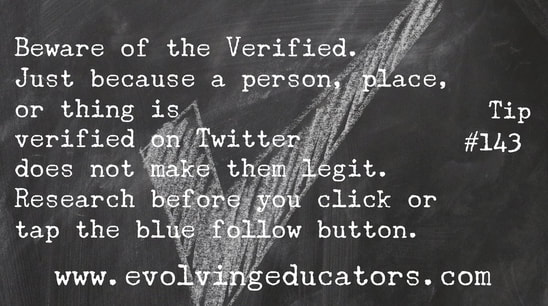
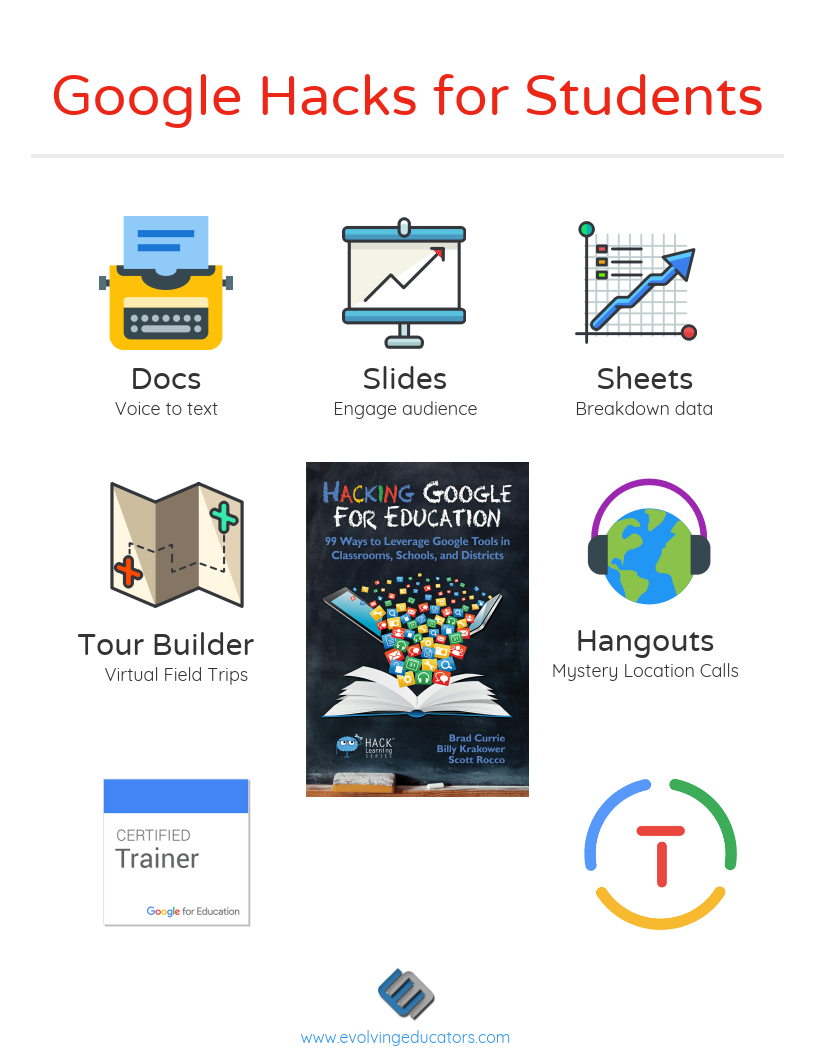
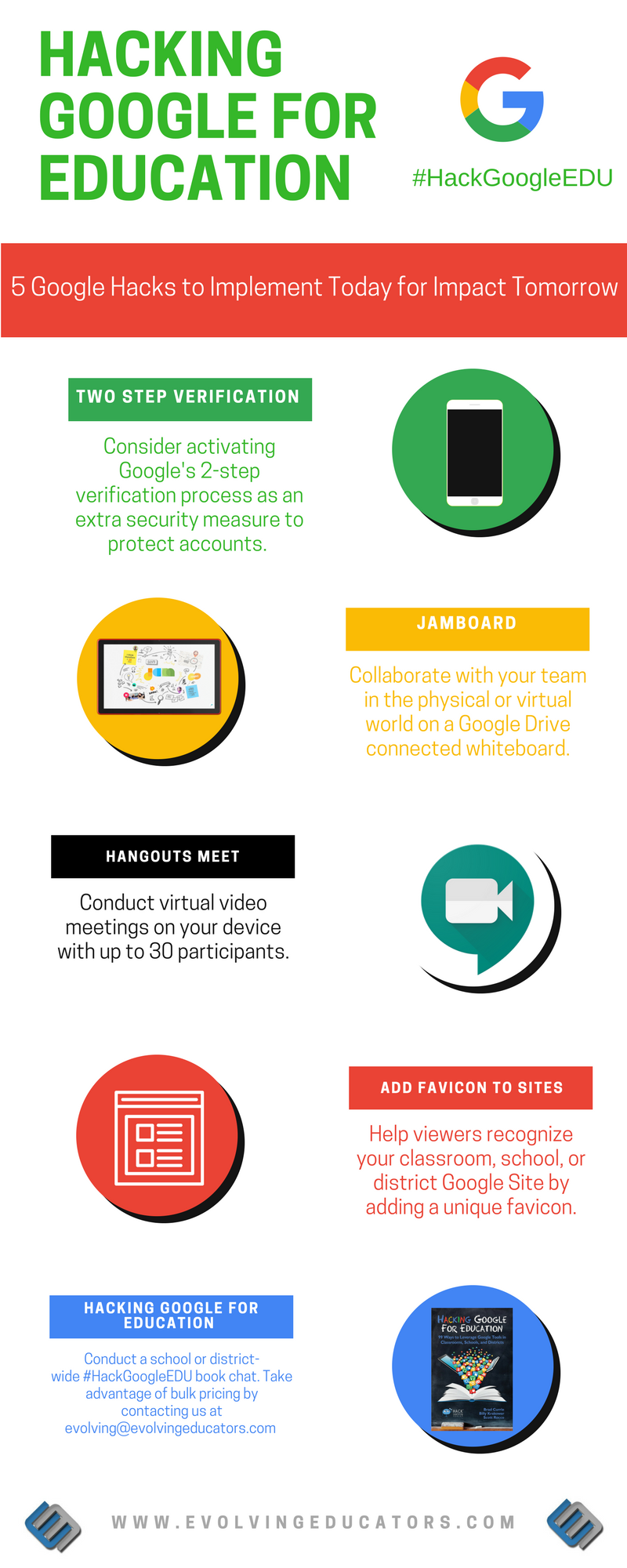
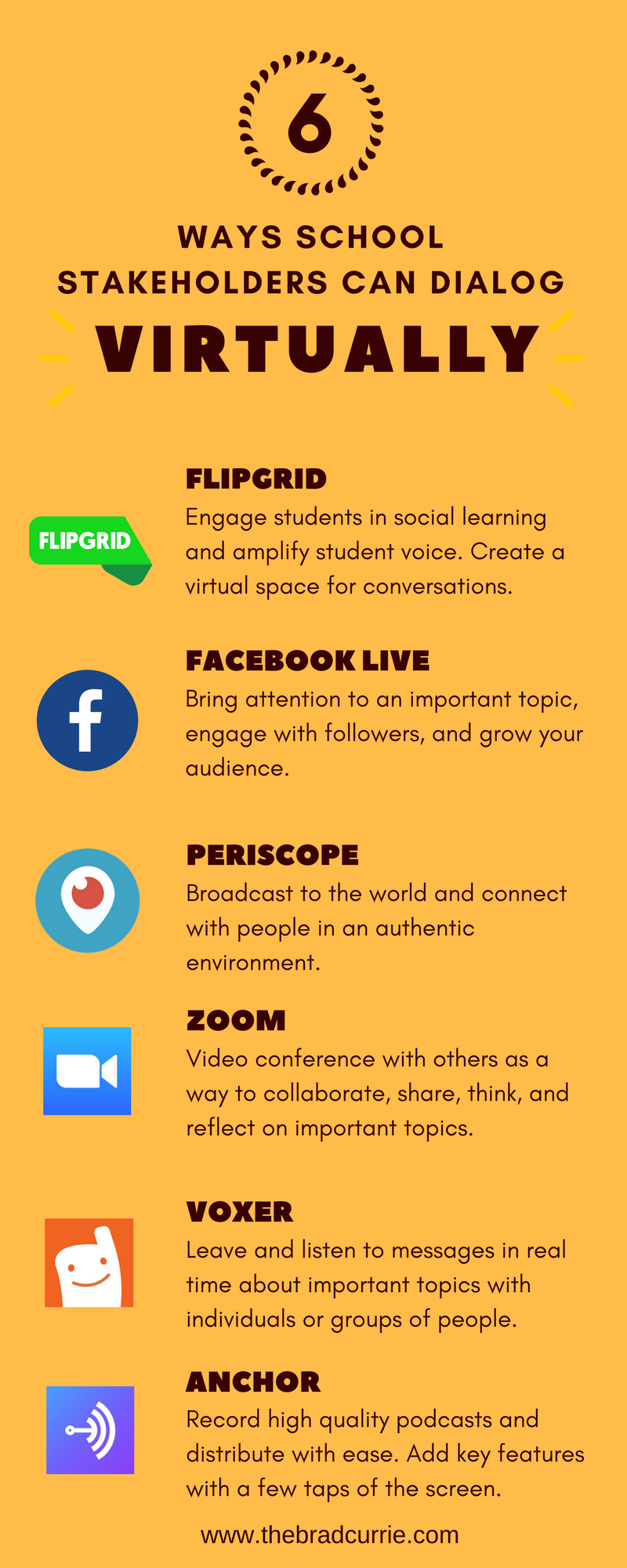
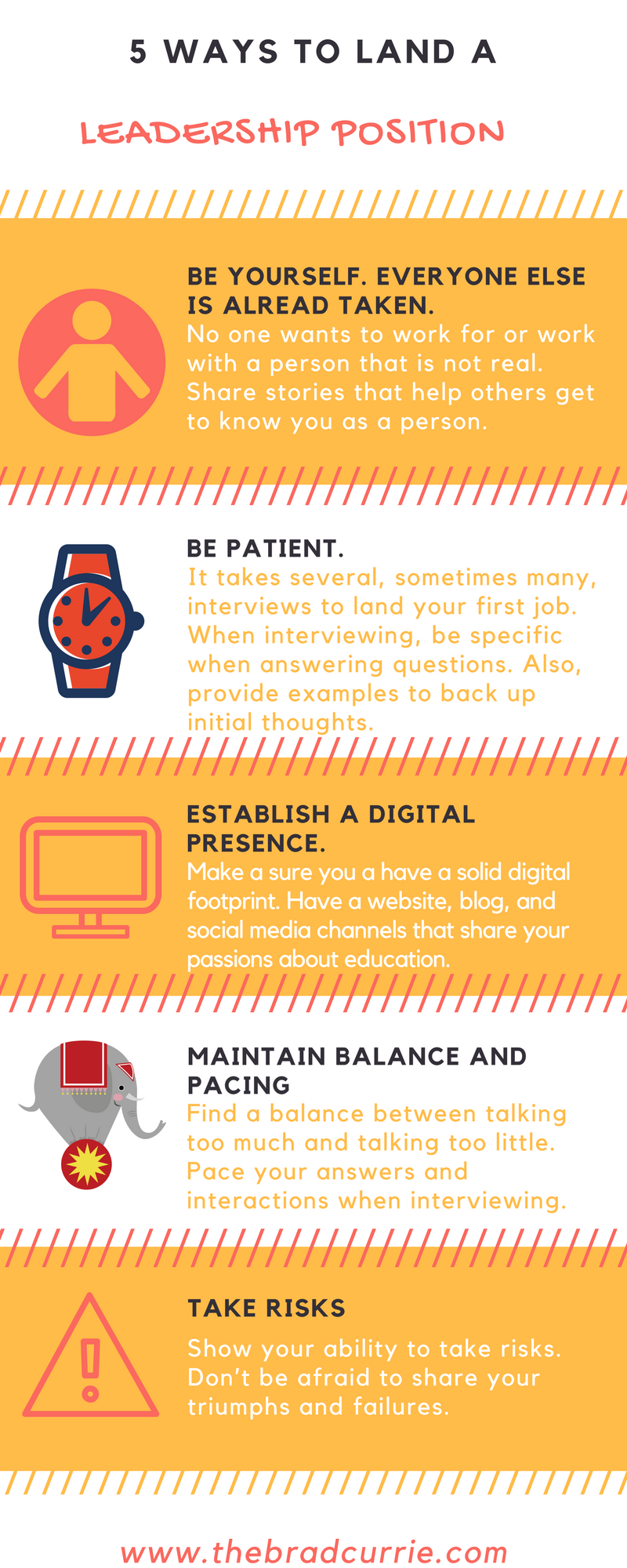
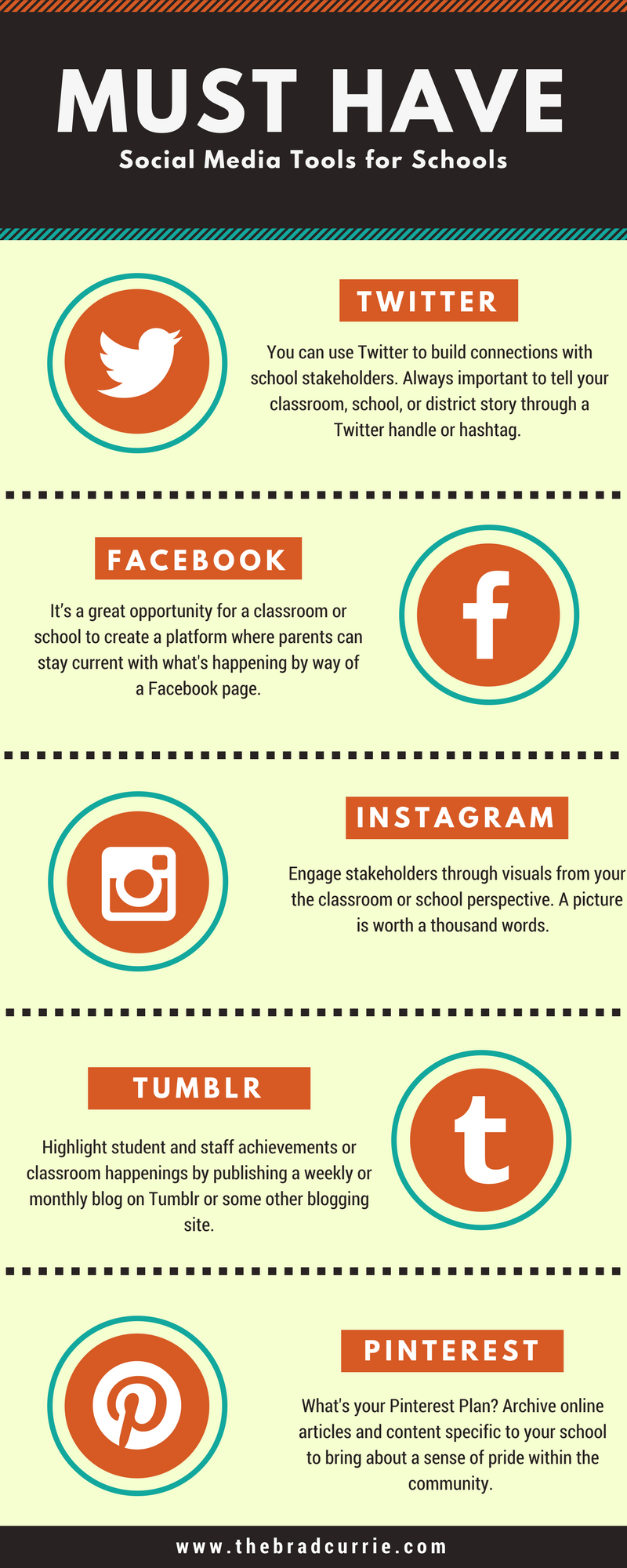
 RSS Feed
RSS Feed
